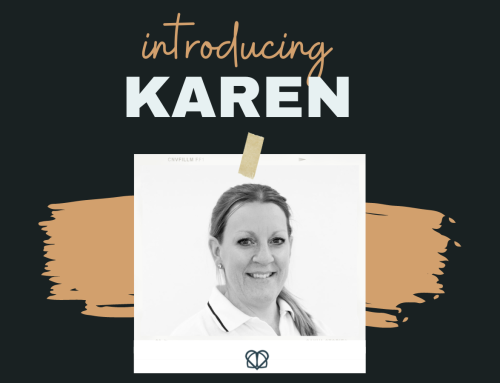
It’s not long to go now… Christmas is just around the corner and while the festive season provides the perfect opportunity to gather with friends and family, for many the idea of Christmas fills them with dread. With an estimated 1 in 4 people in the UK experiencing a mental health problem such as depression, stress, and anxiety each year, Christmas can be a time that compounds any issues you may already have.
High levels of stress, financial pressures, missing family members who aren’t with you, over-eating and drinking can all take their toll on how you feel. And if you have a long term health condition or you’re already struggling with your mental health, then these strains can seem even more overwhelming.
So perhaps focusing on mindfulness is especially important over Christmas and probably into January – even more so than at any other time of the year (please refer to our previous blog on mindfulness which talks about what mindfulness is and why you should practice it).
Here are our top tips for having a mindful Christmas:
Be prepared
If it’s good enough for the Scouts, it’s good enough for Christmas! One of the best ways to minimise the possibility of becoming overly stressed on Christmas Day is to get as much done as you can before 24th December. Aim to get your present shopping done well ahead of time, wrap them up as you go and don’t leave it all to the last minute. Then when it comes to the meal itself, you can prep much of it in the days before Christmas day – you can make & cook your stuffing, Yorkshire puddings and pigs in blankets ahead of time and pop them in the freezer until Christmas eve when you take them out to defrost. You could either peel the carrots and leave them in water overnight or part-roast them along with your parsnips and simply heat them up on the day.
Whatever works for you to lighten the load can help reduce the stress on the day.
Put mindfulness on your Christmas list
Not just for Christmas day but for the period leading up to it. Being mindful means embracing a moment-by-moment awareness of what’s going on around you – what you’re thinking, your feelings, your body, and your immediate surroundings. It is known to have a positively calming effect and can help reduce the feeling of being overwhelmed.
When you take just 10 minutes out of your day to focus on yourself it gives you the space you need to gather your thoughts, stay calm and let go of any angst you may be feeling. This article is a really useful one, explaining what it is and how you can practice mindfulness. Why not get started today?!
Don’t stay housebound
Getting some exercise and fresh air does wonders for your mood – and you can practice mindfulness while you’re out there too. Wrap up warm and head outdoors and you’ll find those cobwebs clearing in no time!
Take a breath
We’re not just saying this from a respiratory physiotherapist’s point of view! If you do feel your anxiety levels increasing, our best advice is to step away for a few minutes. Head to somewhere quiet and focus on your breath to help calm your mind. Try doing the following:
-
Sit comfortably and rest your hands palm up on your knees.
-
Take a breath and then close your eyes before breathing out.
-
Focus on taking a deep breath from your stomach to a count of three.
-
Hold your breath for at least a count of two.
-
Gently exhale out for a count of six.
-
Try and repeat this inhale and exhale pattern for around five minutes then open your eyes. Just 5 or even 10 minutes won’t take too much time out of your day but can transform how you’re feeling, dissipating those feelings of stress and anxiety, restoring calm. Remember that if you suffer from a breathing pattern disorder, stress, worry and anxiety can contribute to worsening symptoms, leading to a vicious cycle of bad breathing and more worry. Contact us for a free telephone consultation if you think you need help getting your breathing back on track.





